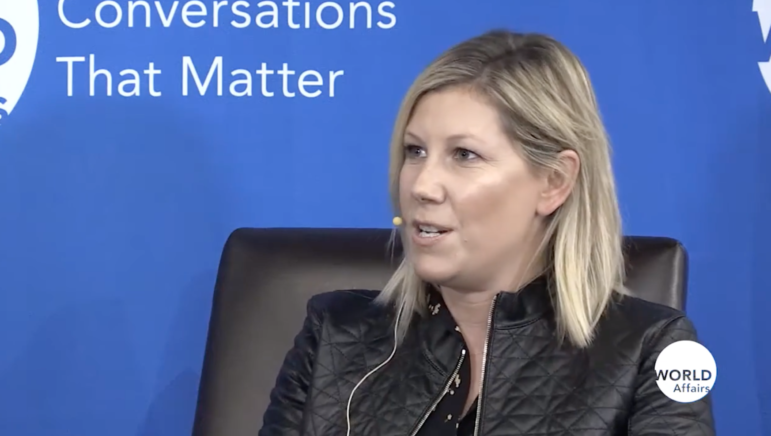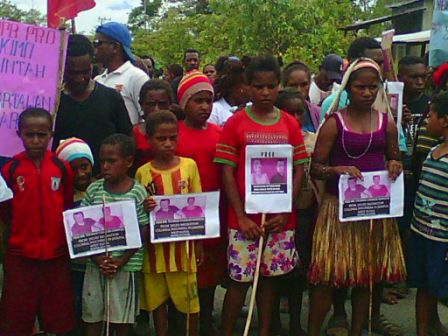
Methodology
Remotely Investigating Russia’s Devastation of Mariupol
In March 2022, Human Rights Watch embarked on what would become an almost two year-long investigation into the Russian siege of Mariupol. Here, we explain our methodology.

In March 2022, Human Rights Watch embarked on what would become an almost two year-long investigation into the Russian siege of Mariupol. Here, we explain our methodology.

In this Q&A, New York Times cybersecurity reporter Nicole Perlroth details the little-understood threat posed by zero-day exploits — hacking capabilities that leverage mistakes in the code populating phones and computers around the world.

For this week’s Friday 5, where GIJN rounds up key reads from around the world, we found a guide for setting up a media membership model, DW Akademie’s handbook for media start-ups, and Google’s latest initiative to support digital news publishers.
The ability to protect journalism sources in the digital age is rapidly deteriorating. Those are the conclusions of an important new study recently released by UNESCO. GIJN has excerpted key portions here, drawn from extensive research and interviews with investigative reporters, editors, legal experts and freedom of expression specialists from 17 countries.

Getting hassled by authorities is nothing new for investigative journalists. But two recent incidents serve notice that some countries are cracking down with a tried-and-true technique to stop pesky foreign reporters: prosecuting them for visa technicalities. In Indonesia and Russia this week, authorities are trying to stop coverage and even training by investigative journalists.